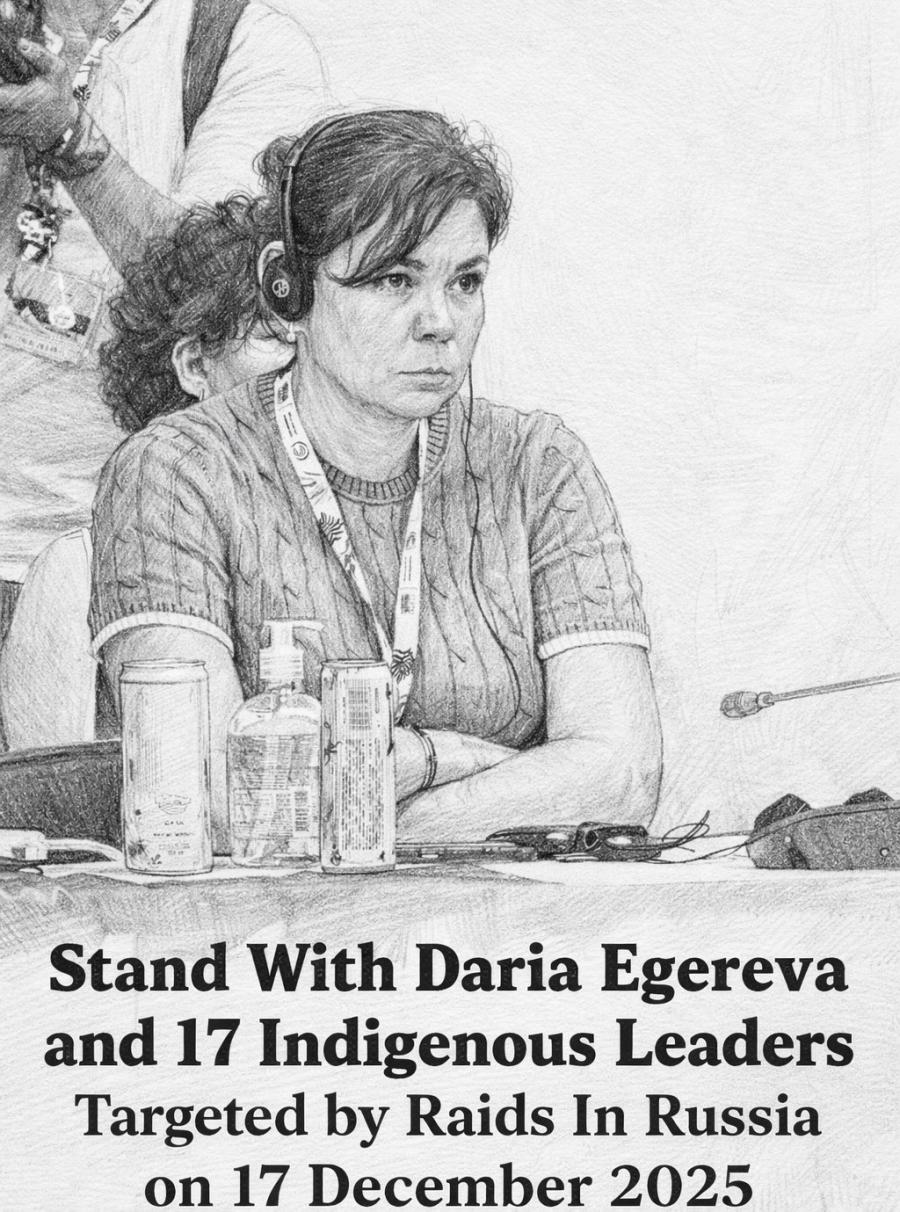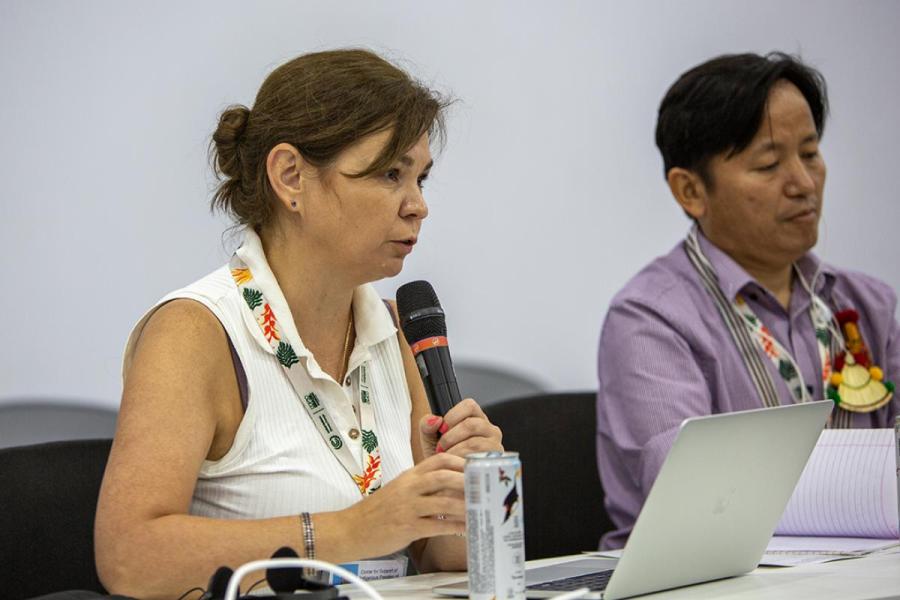Feb. 28 (Bloomberg) -- Royal Dutch Shell Plc and its partners in a billion Russian natural-gas venture are being confronted by environmentalists over the project's ecological consequences in a series of public hearings.
The European Bank for Reconstruction and Development today held in London the first of several public consultations, which will help the bank to decide whether to provide money for the Sakhalin-2 gas project. The EBRD's decision may help the Shell-led
venture raise at least billion to fund the liquefied natural gas project, according to the bank and Sakhalin regional authorities.
``We are mindful of the fact that other people are looking at what we do, but ultimately they have to make their own opinions,'' Mark King, the group head of the environmental department at the EBRD, told reporters in London today. ``We have to keep focused on our environmental policy procedures.''
Environmentalists say a pipeline network being built by Sakhalin Energy Investment Co., the project operator, could kill off the world's last 100 western gray whales by disturbing feeding grounds in the Sea of Okhotsk, near the venture's rigs. They also say an overland pipeline could damage the livelihood of indigenous people. Sakhalin Energy has agreed to move the underwater links further from the whales' feeding grounds.
``The EBRD support of the project will leverage the support of export credit agencies, which are the public finance institutions of Japan, the U.K. and the U.S.,'' Doug Norlen, a policy director at the U.S.-based Pacific Environment group, said in an interview in London. ``It does have a huge bearing on whether or not western banks and public banks will ultimately finance the project.''
Offshore Oil
The venture, which includes Mitsui & Co. and Mitsubishi Corp., is developing oil and gas fields off Russia's Sakhalin island to supply fuel to the U.S. and Asia. Sakhalin Energy is cooperating with the EBRD in improving its project to address ecological
concerns, including the river crossings, the company said Feb. 24.
``Sakhalin Energy and the shareholders have always aspired to the highest standards with this project, the highest environmental and social standards,'' Matthew Bateson, a spokesman for the venture, said today in an interview in London. Public and expert
consultations and past performance are ``evidence of how we are meeting those target aspirations that we've set.''
EBRD's Role
The EBRD was asked to provide about 300 million euros (1 million), which might ease approval from other banks considering funding the venture. The bank plans to hold public hearings in the U.K., Russia and Japan through April.
``The EBRD plays a lead role in a group of potential public lenders,'' including Japan Bank for International Cooperation and the U.S. Export-Import Bank, the London-based bank said in a statement on its Web site. ``It is likely that other public lenders and private banks would determine the suitability of investing in Sakhalin-2 based on the EBRD's opinion.''
The EBRD was set up in 1991 by governments to help Europe's former communist nations evolve into free-market economies following the Soviet Union's collapse.
``The bank should be ashamed to be even considering this project, which breaches the very environmental standards it says it requires,'' Mary Taylor, a Sakhalin campaigner at Friends of the Earth, said today in a statement. ``The bank should switch off the oil and gas funds and spend our money on clean, green, renewable- energy instead.''
Sakhalin Energy has been improving its environmental and social standards since the project started in 1994.
``It's no secret that the project started of on a bad footing in terms of environment, health and safety and social issues,'' King from the EBRD said. ``But over a period of time, the companies made a huge amount of progress in dealing with those issues.''
By Eduard Gismatullin


